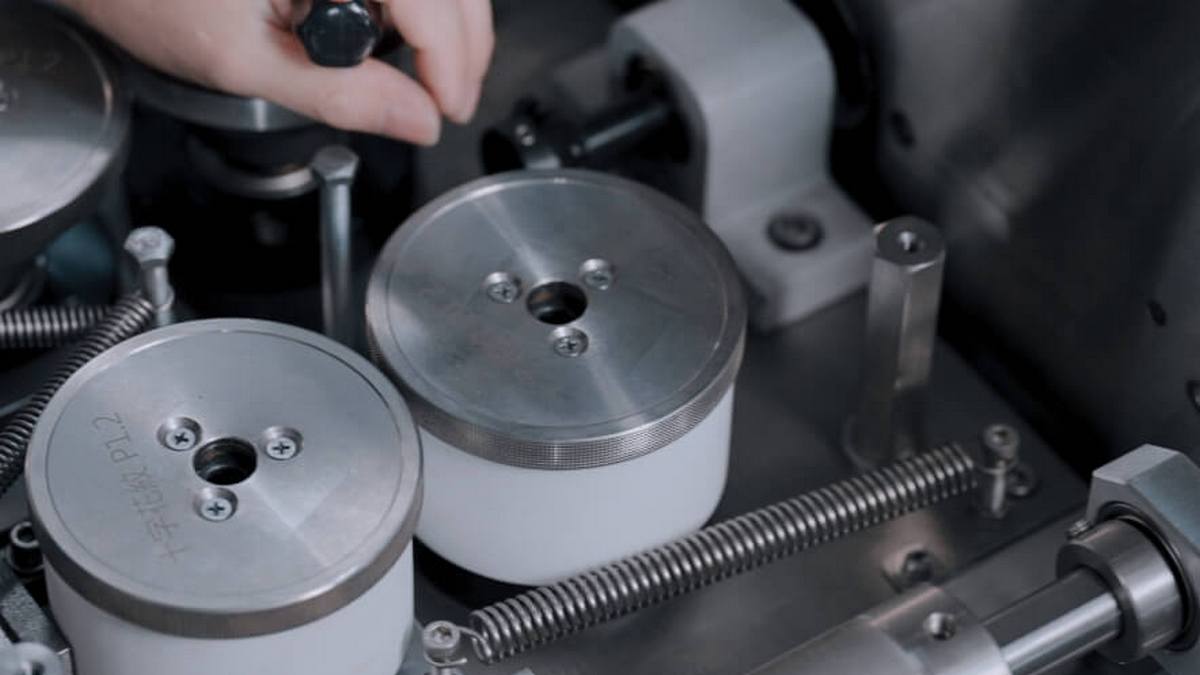All industries related to products or services that aim to improve human health are called health care industries. These include food, clothing, housing, transportation, education, medicine, medical treatment, and care. While also putting an emphasis on protecting the earth and sustainable development, the health care industry is full of infinite possibilities and business opportunities.
According to one World Health Organization (WHO) survey, only 5% of the world's population meets true health standards, while 20% of the total population can be diagnosed to have some form of diseases at any given time, and the remaining 75% are in a sub-health state. Therefore, health issues have increasingly attracted worldwide attention, which has also prompted the rapid development of the global health industry. The health care industry closely revolves around people's necessities of life and pursues not only individual physical health, but also psychological, spiritual, social, environmental, family, and group health. Governments of various countries have given strong support at the policy level to promote the development of the health care industry.
The development of the global smart health care industry will lead to a new wave of economic growth. This is an emerging industry with a huge market and massive potential for growth in health management, medicine, health care products, nutritional food, medical equipment, and sports fitness and health consulting products and services.
According to survey statistics, the scale of the global smart health care industry in 2019 was US$147.7 billion, and it is estimated to reach US$181.7 billion by 2022, with an average annual growth rate of 11.0%. Health care is transitioning from a single "treatment" model to an integrated model of "prevention and care".
Health is an important indicator of a country's prosperity and people's happiness. It is an essential requirement for promoting the all-round development of people, and is related to all-around well-being. Therefore, under the trend toward national health care, the healthcare industry will see rapid development in the future.
The main sectors of the global health service industry
- Medical service institutions comprise the main body of the medical industry.
- The pharmaceutical industry mainly focuses on the production and sales of drugs, medical equipment, and medical consumables.
- The health care products industry with the production and sales of health care and health products as the main body.
- The health management service industry mainly involves health testing and evaluation, consulting services, conditioning and rehabilitation, and health promotion.
- Health care and long-term care industries.
Changing trends of the global health service industry
Health care is being promoted more and more on a national level, with large scale models focusing on the overall improvement of health on a group level. As the health care industry develops, the scale of output value will continue to increase. As the global population structure shifts to a larger proportion of elderly people, health expenditures are increasing significantly. This has become a major economic and social challenge in many countries around the world. In response to these challenges, the global health industry is undergoing a paradigm shift, gradually shifting from "hospital/physician-centered” passive acute care (treatment) to "people-centered” active integrated health care services (prevention/treatment) health care. The core of the medical industry has shifted from treatment to prevention. The concept of health has also changed from immediate treatment of diseases to early prevention. Health expenditure savings also require health managers to shift from treatment-oriented to prevention-oriented. The axis of the health care industry has gradually shifted to "preventive health care", and is aimed at developing and promoting more personalized health care.
In recent years, the global Internet of Things and cloud platform technologies have developed rapidly. Combining various smart networking devices and sensing technologies, personal health information (such as blood pressure, blood sugar, blood lipids, etc.) can be monitored anytime, anywhere, and uploaded to the cloud, and smart health for preventive health care and health management is provided. Services, demand, and business opportunities will emerge one after another. In the future, with the increasing maturity of IoT and 5G technology applications, as well as the convenience and popularization of smart connected devices, the health care industry will begin to turn to building platforms and solutions. The health industry will shift from the traditional methods of selling products or providing services to a more profitable model that builds platforms and solutions. Responding to increased demand for smart health care services, new trends in the future will be smart health care services that provide health promotion and preventive care services.











.jpg)


